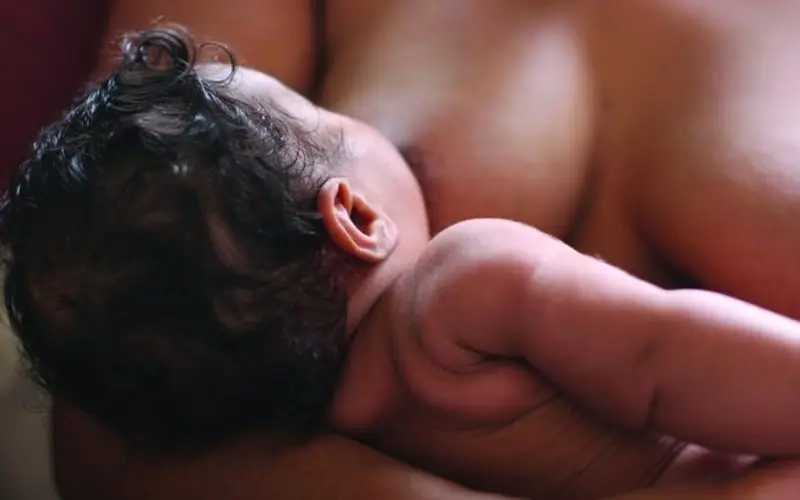A study by researchers at Swansea University and Cardiff University show women are reluctant to breastfeed outside of their home because of the attitudes of the general public.
17,700 women were examined in the study, with many saying that the attitudes of strangers is having a direct impact on their ability to breastfeed in public.
The study also shared the experiences of 156 male partners, 46 grandparents and 438 members of the public.
Researcher at Swansea University’s Centre for Lactation, Infant feeding and Translational Research, who led the study, Dr Aimee Grant, said: “The attention of members of the public who observed breastfeeding was incorrectly focused on mothers sexualised women, rather than caregivers to infants who needed feeding.
“This created a hostile environment in which it was harder for mothers to feed their babies, which was stressful and unpleasant.”
According to the findings, in Organization for Economic Co-operation and Development (OECD) countries, there was limited evidence that women breastfed outside of their homes, and those who did found the experience uncomfortable.
Law protections for breastfeeding in public, where present, were not widely known and rarely enforced and women who were young, poor and/or from marginalised ethnicities felt increased stigma of breastfeeding in public.
The study of the survey also found that observers of breastfeeding in public has poor understanding of infant feeding and the need to breastfeed in public spaces.
Under the Equality Act 2010, it is legal in England and Wales to breastfeed in public.
“We urgently need the public to reframe their view of breastfeeding, so that it is understood as nutrition for babies, rather than a political or sexualised act by their parents. This means that the public should not stare, tut or make negative comments about breastfeeding babies,” Dr Aimee Grant added.
The study ‘Views and experience of breastfeeding in public: A qualitative systematic review’ is open access and be found here.
